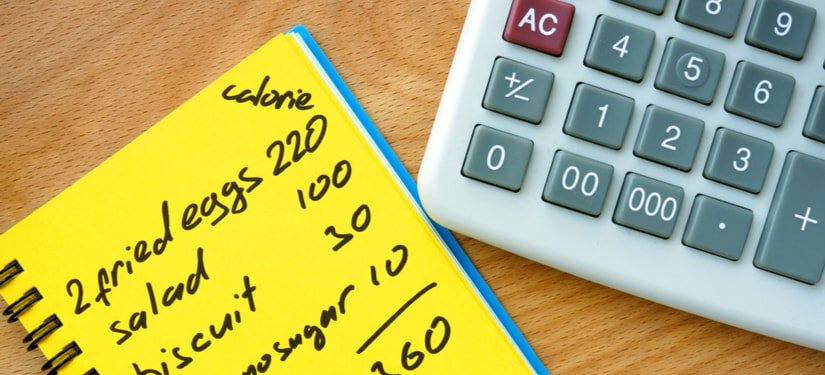Calories are the so-called fuel that is used by the body for bodily functions such as maintaining regular heart rate, contracting the muscles, and even blinking the eyelids, among other things. All food items have corresponding calories attached to it.
But when taken in excess, calories can become a problem. Too much caloric intake is the main culprit of weight gain, at least to most people. Excess calories that were not utilized by the body would be stored first as glycogen, then as fat, and are deposited in different areas for future use such as food deprivation. If not burned before the next few days, they will continue to accumulate until the scale reflects the unwanted results.
How Numbers Came to be
The phenomenon of calorie-counting started in the 20th century when scientist Wilbur Atwater invented the bomb calorimeter, a device used to determine the amount of “energy” it would take for a food item to be completely burned. Simply put, Atwater presented the idea of how calories work inside our bodies through the machine.
Since then, calories have been a part of the vocabulary of scientists and medical practitioners, specifically the nutritionist-dietitians.
Today, as the field of nutrition expands, more and more experts agree that counting calories are not the only path you can use when it comes to weight management. Here are five reasons why:
Not all calories are “good” calories.
In the same way that not all food is “good” for you, there are also calories that may not be recommended, especially if you are losing weight. These calories can be found, of course, on highly-processed and refined foods, such as fast food, chips, and even white bread. Since they are burned faster, you would always find yourself eating another snack or meal only an hour or two after eating them, which means more calories and more weight gain.
Instead, stick with fresh, whole foods like green leafy vegetables and whole grains. These superfoods are not only low in calories, but they are also packed with nutrients and fiber that would make you feel fuller longer.
Another tip: instead of focusing on calories, divert your attention to the distribution of nutrients, specifically the carbohydrates, protein, and fats. Balancing all of them in one meal is also a secret for longer satiety.
Nobody can accurately measure caloric intake.
According to one experiment made by a research facility, even nutritionist-dietitians cannot compute calories as accurately despite years of experience. This is because perception is subjective, and calories can be easily affected by a lot of factors, like portion size, the method of cooking, and the edible portion (the weight of food when the trimmings, such as bones and inedible stuff, are removed).
If food experts are unable to do calorie-counting well, what more are the ordinary people who use the method?
It is hardly sustainable in the long run.
If you are the type of person who can barely stick to a routine, then calorie-counting would be difficult for you. The act requires diligence and endurance, plus a healthy memory.
Most calorie-counters were not able to sustain the habit for as long as a month because of the sacrifices it entails. Those who were able to, however, also complain of a tremendous decrease in food satisfaction since they see food not as something to eat, but as an enemy that must be controlled.
It gives an excuse to choose unhealthy food items.
Because the focus is not on the quality but the quantity of food ingested, there is a possibility of opting for nutrient-empty food items as long as it is within your daily needs.
Aside from the fact that you are cheating your way out of the “overweight” zone, it does not help you sustain healthy habits that you would need to keep the weight off, not to mention that it increases your risk of cardiovascular diseases such as diabetes and hypertension.
It robs you of the joy of eating.
Different cultures associate food not just for survival but also for socialization. It is meant to be an enjoyable experience rather than a struggle. By counting the calories of every food that comes in your mouth, you focus not on the moment of being with the people you love, but on the consequences that it would bring you after.
This should not be the case because eating should and must only be associated with happy thoughts and fun times.
Despite these reasons, calorie-counting is not that bad. For those who are already doing it, it serves as a springboard for them to know which food items do they always nibble on. Once they are aware of it, they try to minimize consuming these foods. Calorie-counting somehow helps them keep track of the progress they make when it comes to their diet choices.
Still, there are far better and surer ways in helping you lose that unwanted pounds. Try these options instead.

